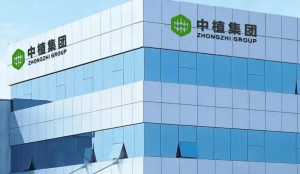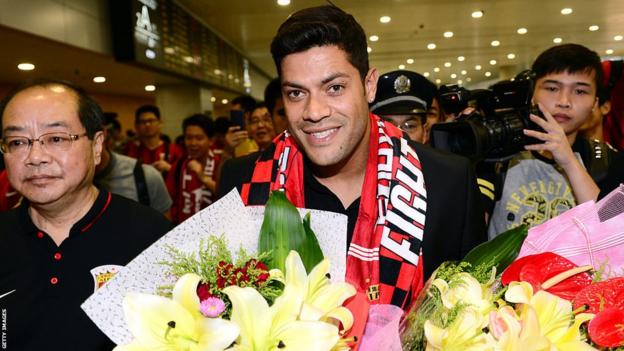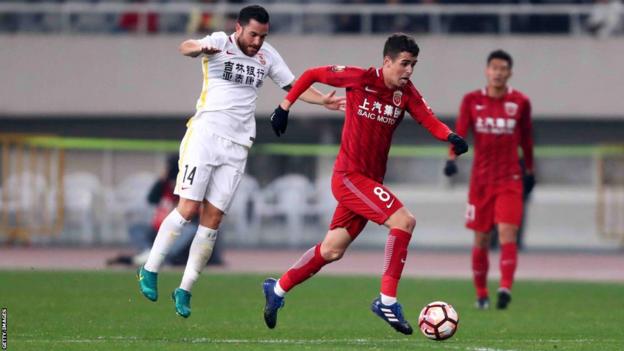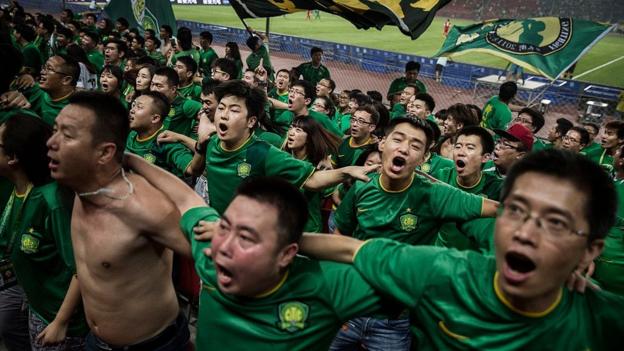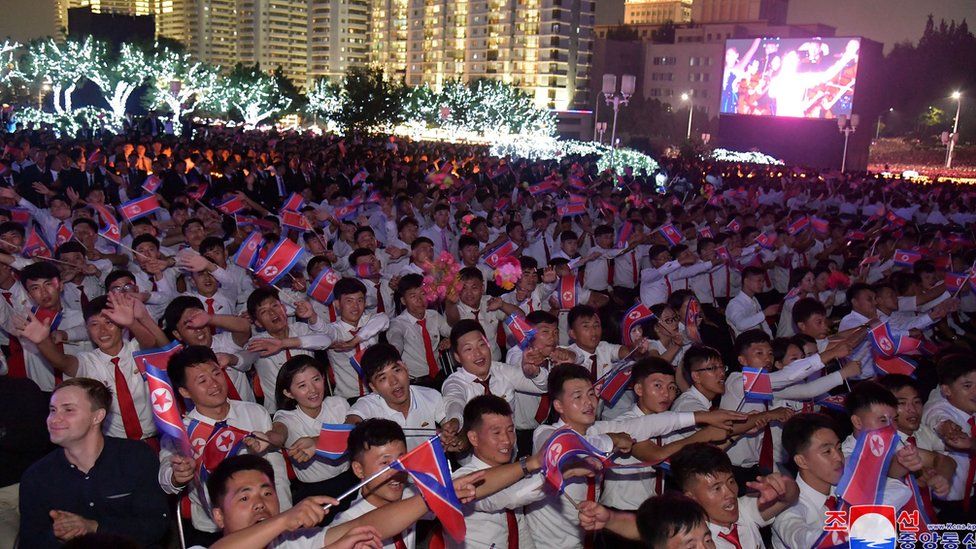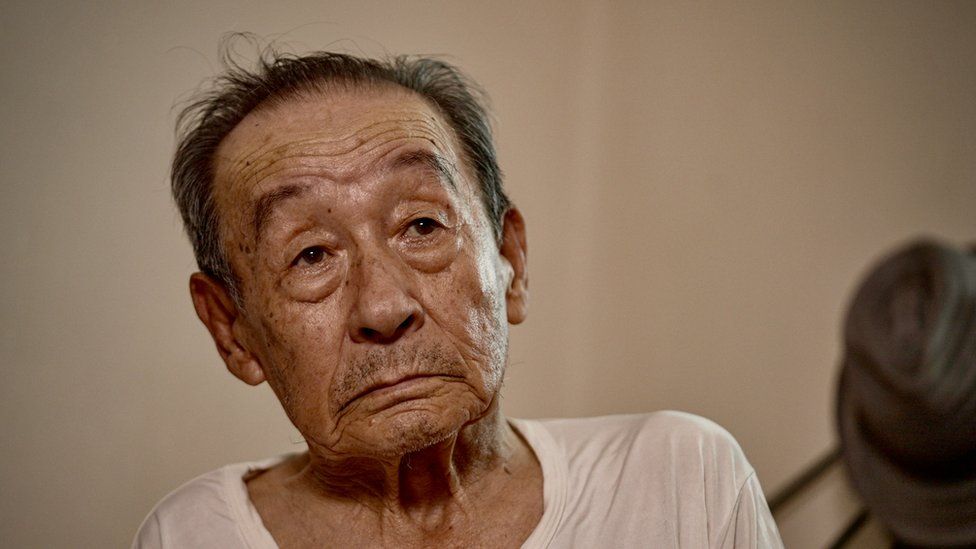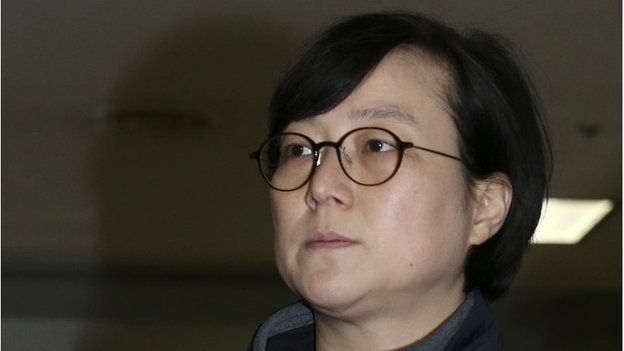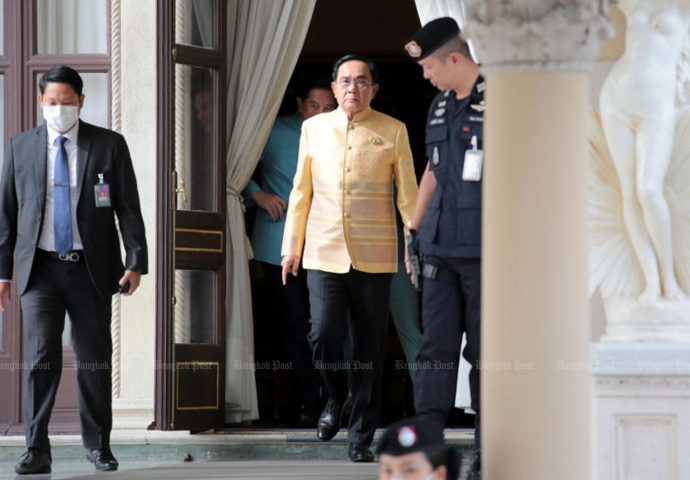Worker skills, education ‘key to cutting inequality’

PUBLISHED : 30 Nov 2023 at 04:00
Thailand can reduce income inequality by boosting workers’ skills and improving education, according to the National Economic and Social Development Council (NESDC).
Danucha Pichayanan, secretary-general of the NESDC, yesterday said poverty and inequality are key factors holding up the economic and social development of the country.
He said the NESDC has revised its indicators and approach to analysis to find a way to help drive policy forward, such as improving the poverty graph every 10 years and making use of tax data to analyse inequality, so the government has accurate information as it goes about tackling these problems.
The number of poor people has fallen rapidly over the past three decades but there is still a group of people who have lived below the poverty line for generations.
Thailand has made progress towards reducing significant levels of inequality, yet inequality nonetheless remains high, which indicates national structural problems that require urgent action, particularly the need to create more jobs and increase incomes for the people, Mr Danucha said.
Fabrizio Zarcone, World Bank country manager in Thailand, said its report titled “Bridging the Gap: Inequality and Jobs in Thailand” showed that several structural factors contribute to the persistence of inequality.
“Inequality begins very early in life, with unequal opportunities in human development, and perpetuates over the lifecycle and across generations,” he said.
Differences in educational opportunities and skills, low farming-incomes, an ageing population, and increasing household debt pose challenges to lowering inequality in Thailand.
Although Covid-19’s effect on poverty and inequality was relatively mild, the pandemic may have exacerbated the gap in learning outcomes and household debt challenges.
Thailand’s rising cost of living and shrinking working-age population are additional factors complicating efforts to reduce inequality, he said.
Policies are needed in the short term to address learning losses and the rising prices of necessities, which could both widen human capital gaps.
The government should have a policy to provide vulnerable groups with enough support as challenges from rising inflation and climate events mount, he added.
Worawan Plikhamin, deputy NESDC secretary-general, said poverty in Thailand has improved as the number of poor people dropped from 4.4 million to 3.87 million people last year.
Most people who are poor are likely to reside in the northeastern provinces. Many are farmers, who have fluctuating incomes, she said.
Figures also show that university education is accessible to 74% of the rich, while for the poor, it is only 9%.
The level of university enrolment remains low among poor families, showing that some students drop out of the system, she said.






